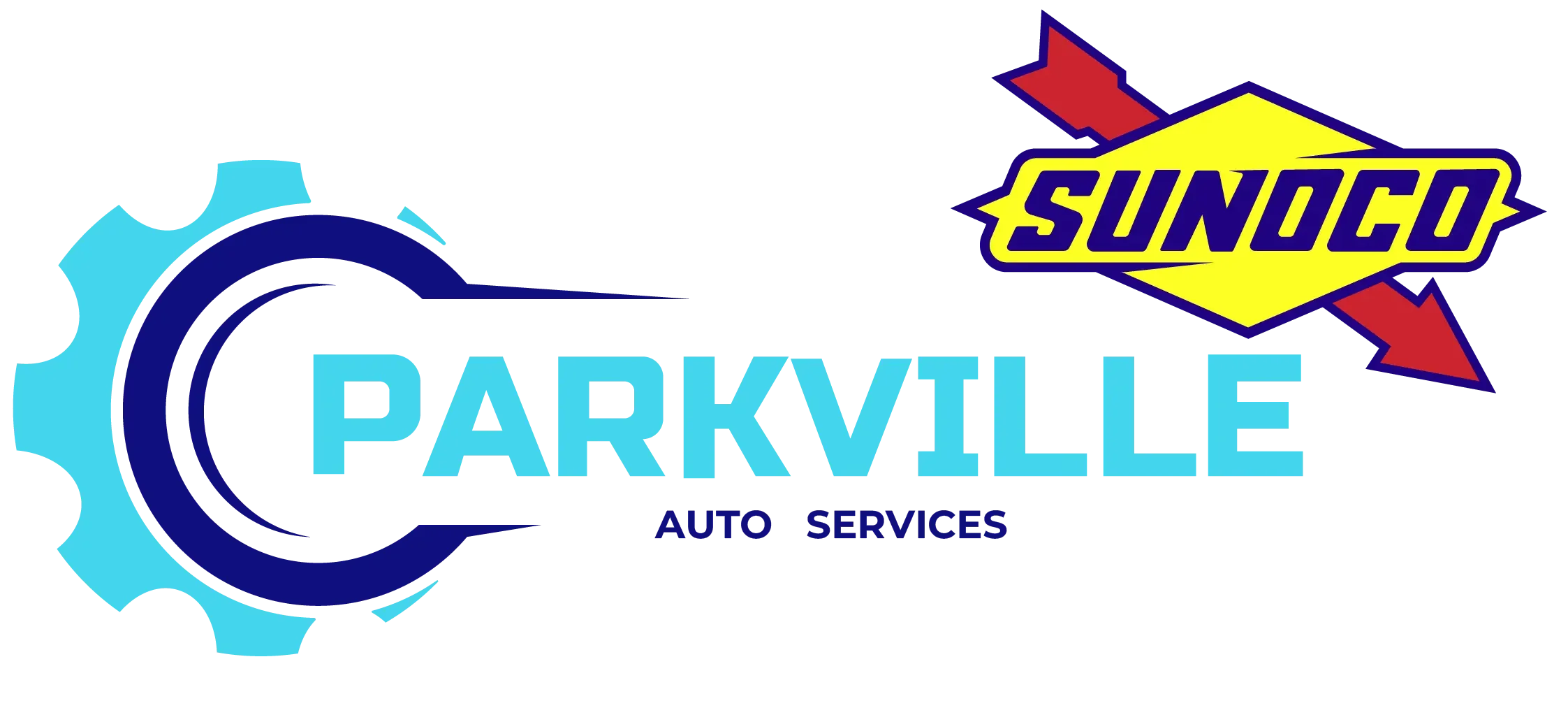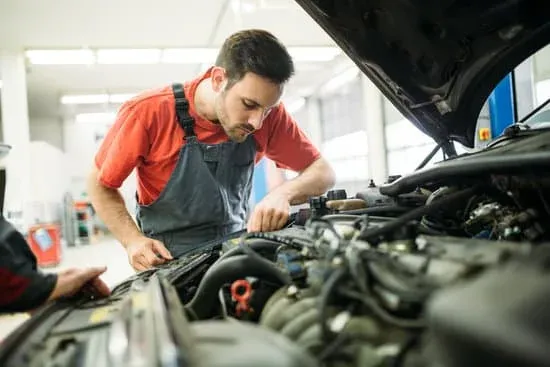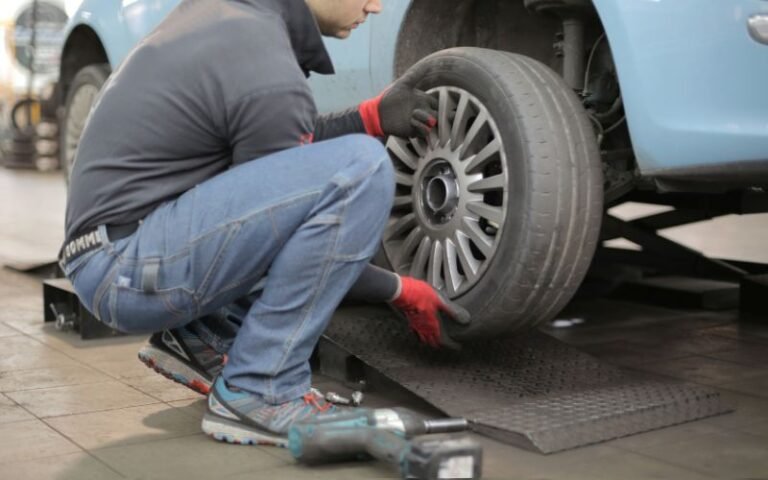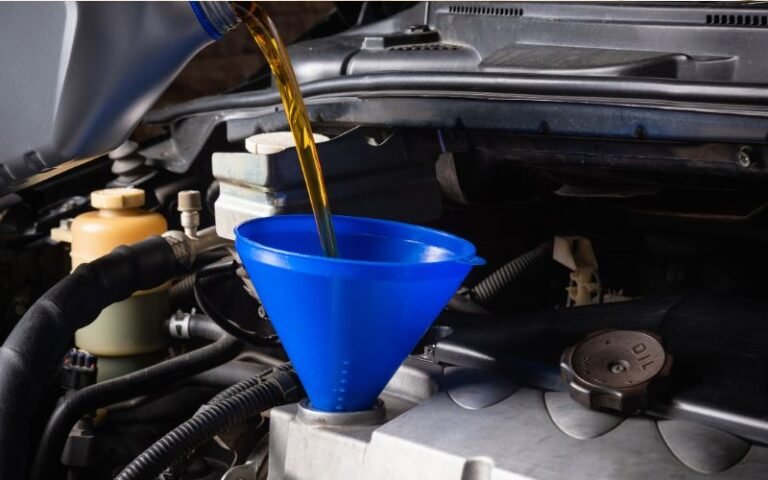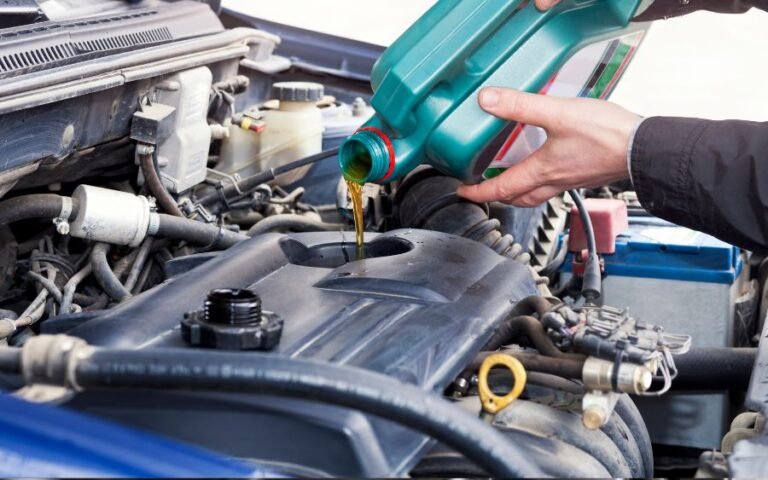Car Repair Service
In a country where over 275 million vehicles are registered, regular car repair service isn’t just a luxury; it is a necessity. From oil changes and brake inspections to engine diagnostics and transmission repairs, ensuring your vehicle gets the care it needs can save you from costly breakdowns, accidents, and long-term damage.
Whether you’re commuting, road-tripping, or running errands, the last thing you want is to be stranded on the road. Choosing the right auto repair service near you can keep your car running efficiently and extend its life, especially with today’s cars becoming more advanced and electronically controlled.
Signs Your Car Needs Immediate Repair
Ignoring warning signs can lead to serious and expensive problems. Here are some red flags you should never ignore:
- The check engine light is on
- Strange noises (squealing brakes, clunking suspension)
- Leaking fluids (oil, coolant, transmission fluid)
- Vibrations or pulling while driving
- Smoke or burning smells
- Increased fuel consumption
- Electrical system issues (lights, dashboard, power windows)
Tip: Early diagnostics by a certified mechanic can save hundreds in future repairs.
Types of Car Auto Services Offered
A comprehensive Best car repair near me typically includes the following categories:
Engine Repair & Diagnostics
- Timing belt replacement
- Fuel pump service
- Cylinder head repairs
- Check engine light diagnostics
Brake System Repair
- Brake pad and rotor replacement
- ABS repair
- Brake fluid flush
Transmission Services
- Transmission fluid change
- Manual and automatic transmission repairs
- Clutch replacements
Electrical Repairs
- Alternator, battery, starter motor
- Power window/door lock repair
- Fuse & wiring diagnostics
AC & Heating Repairs
- Recharge refrigerant
- Heater core service
- Cabin air filter change
Routine Maintenance
- Oil change service
- Tire rotation and balancing
- Fluid top-ups (coolant, transmission, brake, power steering)
Choosing the Right Car Repair Shop
Not all auto repair shops are created equal. Here’s how to identify a trustworthy and affordable Car repair and maintenance:
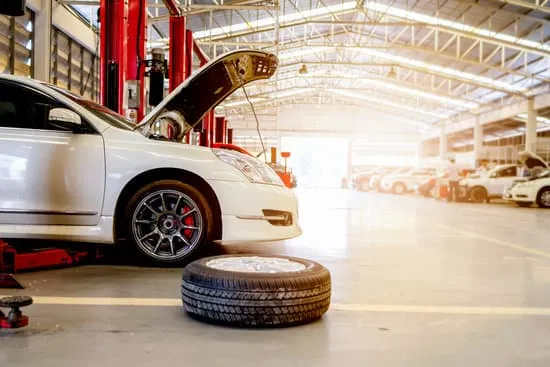
1. ASE Certification
Always ask: “Are your mechanics ASE-certified?” This ensures they meet industry standards.
2. Local Reputation
Search for “car repair near me” and check:
- Google reviews
- Yelp
- Better Business Bureau ratings
3. Transparent Pricing
Look for repair shops that offer:
- Free estimates
- Upfront pricing
- Itemized invoices
4. Warranty
Quality repair shops offer warranties on parts and labor (usually 12–24 months).
5. Turnaround Time
Ask how long repairs typically take. Common fixes like brake changes or oil services should be same-day.
Mobile Car Repair vs Traditional Garage
With the rise of mobile services, you now have two options:
Traditional Auto Shop
- Full range of diagnostic tools
- Better for complex repairs (engine, transmission)
- Often lower cost due to facilities
Mobile Car Repair
- Convenient repairs are done at your home or office
- Great for oil changes, battery replacements, and brake pads
- Typically more expensive per hour
Semantically optimized tip: Search “mobile car repair near me” for same-day service in your area.
What to Expect: Pricing, Warranty & Time
Average Cost Breakdown:
| Service Type | Average Price Range |
| Oil Change | $40 – $80 |
| Brake Pad Replace | $150 – $300 |
| AC Recharge | $120 – $280 |
| Engine Diagnostics | $100 – $200 |
| Transmission Repair | $1200 – $3500 |
Warranty: Always ask about a repair warranty. Most reputable shops offer 12,000-mile or 12-month guarantees.
Time: Most standard services take 1–3 hours. Complex jobs like transmission repair may take 2–5 days.
How to Avoid Auto Repair Scams
Not all repair shops are honest. Watch out for:
- Unnecessary upselling (e.g., “You need a complete engine rebuild!”)
- Vague estimates
- Refusing to return old parts
- No written warranty
Ask for:
- A written quote before work begins
- A second opinion
- Diagnostic printouts
Preventive Maintenance: Save on Future Repairs
Routine service doesn’t just improve performance, it prevents breakdowns. Here’s what your preventative maintenance schedule should look like:
| Mileage | Maintenance Tasks |
| Every 3,000–5,000 | Oil & filter change, tire rotation |
| 15,000–30,000 | Air filter, fuel filter, brake fluid |
| 60,000 | Timing belt, spark plugs, transmission fluid |
| 100,000+ | Suspension parts, engine mounts, water pump |
Pro Tip: Stick to your vehicle’s manual-recommended intervals for optimal longevity.
Understanding OEM vs Aftermarket Parts
When it comes to replacement parts:
OEM (Original Equipment Manufacturer)
- Made by your car’s brand
- Higher cost, perfect fit
- Usually better for resale value
Aftermarket Parts
- Made by third-party manufacturers
- Cheaper, wider availability
- Varies in quality
Choosing the right parts affects price, reliability, and warranty coverage.
Electric & Hybrid Car Repairs: What’s Different?
EVs and hybrids like the Toyota Prius, Tesla, and Ford Mach-E have unique repair needs:
- Battery system diagnostics
- High-voltage safety protocols
- Regenerative braking systems
- Thermal management system repair
Always choose a shop that specializes in hybrid or EV repair services if applicable.
Questions to Ask Your Mechanic
Before handing over your keys, ask:
- “What exactly is wrong with my car?”
- “Can I see the old parts you’re replacing?”
- “Is there a cheaper alternative?”
- “Do you offer a warranty?”
- “How long will this take?”
- “Can you break down the labor vs parts costs?”
Call-to-Action: Book Trusted Car Repair Near You
Whether your car needs a simple oil change or a full engine rebuild, don’t wait for the problem to get worse. Use reputable directories like:
- RepairPal
- AAA Approved Auto Repair
- Your manufacturer’s service center locator
Find a certified and affordable car service near you and keep your vehicle running smoothly.
FAQs
1. What is included in a full car maintenance service?
A full Auto repair service typically includes engine diagnostics, brake inspections, transmission repair, oil changes, tire rotation, battery checks, fluid top-ups, and inspection of all critical systems. Some services also include a comprehensive safety inspection and minor adjustments.
2. How do I know if my car needs repair or just maintenance?
If you’re experiencing warning lights, odd noises, vibrations, leaks, or a noticeable drop in performance, it’s likely a repair issue. Maintenance is preventive, like oil changes and tire rotations, whereas repairs fix something that’s already malfunctioning.
3. What should I look for in a good auto repair shop?
Look for ASE-certified mechanics, transparent pricing, positive online reviews, warranty-backed repairs, and clear communication. A good shop will offer diagnostic reports, explain issues thoroughly, and not pressure you into unnecessary services.
4. Are mobile car repair services safe and reliable?
Yes. Mobile Auto repair services are safe and convenient for routine services like battery replacement, brake pad installation, or oil changes. However, for complex repairs, it’s best to visit a traditional auto shop with advanced equipment.
5. What’s the difference between OEM and aftermarket parts?
OEM (Original Equipment Manufacturer) parts are made by your vehicle’s brand and offer a perfect fit, but at a higher cost. Aftermarket parts are made by third-party companies and can be cheaper, but vary in quality and may affect warranty coverage.
6. How often should I get my car serviced?
You should get your car serviced every 3,000 to 5,000 miles for oil changes and basic checks. Major service milestones occur at 15,000, 30,000, 60,000, and 100,000 miles, depending on the manufacturer’s recommendations.
7. How much does a typical car repair cost in the U.S.?
Costs vary depending on the service. Oil changes range from $40–$80, brake replacements from $150–$300, and engine repairs can go from $500 to several thousand dollars. Always request an estimate before approving any work.
8. Can I get a warranty on car repairs?
Yes. Reputable shops usually offer warranties ranging from 12 months to 24 months or 12,000 to 24,000 miles on parts and labor. Always ask for written documentation.
9. How can I avoid getting scammed by an auto repair shop?
Stick with certified, well-reviewed shops. Ask for a detailed quote, request old parts back, get a second opinion on large repairs, and never approve work unless you’re clear on the cost and scope.
10. Do electric and hybrid cars require different repair services?
Yes. Electric and hybrid vehicles need specialized diagnostics for battery systems, regenerative braking, and thermal management. Always choose a shop certified in EV and hybrid repair.
Citation:
Wikipedia contributors. (2025a, June 2). Auto mechanic. Wikipedia. https://en.wikipedia.org/wiki/Auto_mechanic
Author, G. (2023, October 19). 5 steps to finding a great auto repair shop. RepairPal.com. https://repairpal.com/blog/find-perfect-car-repair-service-shop
